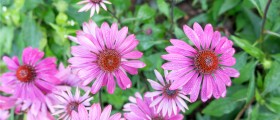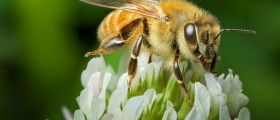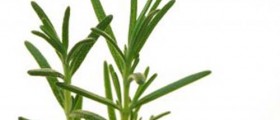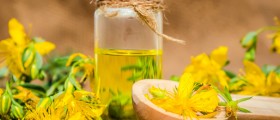
Definition
Echinacea is flowering herb native to the eastern United States and in other parts of the world and it comes in many varieties. Echinacea is also commonly known as purple sunflower, and these purple flowers are very distinctive and beautiful, so besides healing properties is a plant of choice for many gardeners. Because Echinacea root is used for medical purposes and it needs several years to grow, maybe it will be more practical to bay them in stores, either the roots itself or in the form of a supplement.
Echinacea works by increasing the ability of white blood cells to destroy invading microorganisms and enhances the strength of T-lymphocytes, which are responsible for immune system. Also there is a compound in Echinacea called echinacein, which works both internally or as a lotion, which also prevents microbes from penetrating the body and destroying healthy cells in it.
Benefits of Echinacea supplements
Echinacea is most commonly used to fight cols, but taking it as prevention is more efficient. Besides colds Echinacea is also used as immune system enhancer, for cancer patients, and in treatments of upper respiratory system infections.
You can also use Echinacea in cases for fighting infections, reduction of enlarged lymph gland and sore throat, for urinary tract infections, speeding healing of wounds, killing of germs and pain reduction of external injuries and fighting skin inflammations like eczema.
Who should not use Echinacea?
Although Echinacea is very useful remedy there are some possible side effects. People suffering from lupus or multiple sclerosis should not use it, because their alignments may be aggravated as a result of Echinacea’s boosting their immune system. Also HIV patients should not use Echinacea because the increase in their white blood cells count, as a result of Echinacea usage, may cause the HIV virus to become even more powerful in the body.
People who has allergic reaction to ragweed or similar plants of the aster plant family should also not use Echinacea. Pregnant and nursing women should consult their doctor before any Echinacea usage, because of possible Echinacea’s interaction with some other medicaments.
Echinacea should not be taken constantly, instead it should be used periodically, either to fight current symptoms that you have or as a prevention, to boost your immune system, in cases that you feel bad. You should not take Echinacea for more than couple of weeks at a time, and the pause for some time. This is because of the possibility that your body may adapt to Echinacea healing properties, and also there is a small chance that prolonged usage of Echinacea may inhibit the growth of T cells.

















Your thoughts on this
Loading...